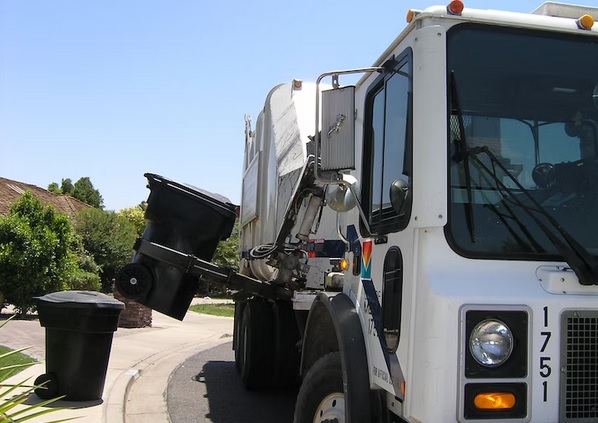
By Oregon Business and Industry
The effort to develop rules for Oregon’s Plastic Pollution and Recycling Modernization Act continues to falter even as its operational date – July 1, 2025 – approaches. OBI has consistently pointed out problems with the program to the Department of Environmental Quality (DEQ), which is developing rules, and will do so again in July.
When the Legislature passed Senate Bill 582 in 2021, Oregon became the third state to adopt a so-called extended producer responsibility (EPR) recycling program, following California and Maine. Colorado, Maryland and Minnesota have since adopted EPR programs of their own, but Oregon’s program is scheduled to become the first to be operational. Maine would follow suit, one year later, and California plans to complete the rollout of its program in 2032.
Oregon’s haste to launch its program has produced confusion. The currently proposed rules do not clearly explain the obligations of producers, retailers and local governments. Meanwhile, OBI has been notified that DEQ will reject the only proposal it has received to run the program. That proposal, submitted by the Circular Action Alliance, featured costs 68% higher than those contemplated by the Legislature when it passed SB 582. A follow-up proposal won’t be accepted until late this year, leaving businesses only months to adjust to a complex and expensive program about which they know very little.
A public hearing on the draft rules took place on June 27. OBI and other business associations argued that the overly broad nature of the rules prevented the Circular Action Alliance from submitting a plan deemed workable by DEQ. OBI and others also noted the enormous potential cost of the program, which could exceed $1 billion by 2027, according to the Circular Action Alliance’s plan. Given the program’s estimated cost and its lack of clarity about business’ obligations, OBI argued that it should not be implemented before July 1, 2025.
OBI will submit final written comments by the July 26 deadline and advocate with legislators for a statutory delay in the program’s implementation.
Disclaimer: Articles featured on Oregon Report are the creation, responsibility and opinion of the authoring individual or organization which is featured at the top of every article.

